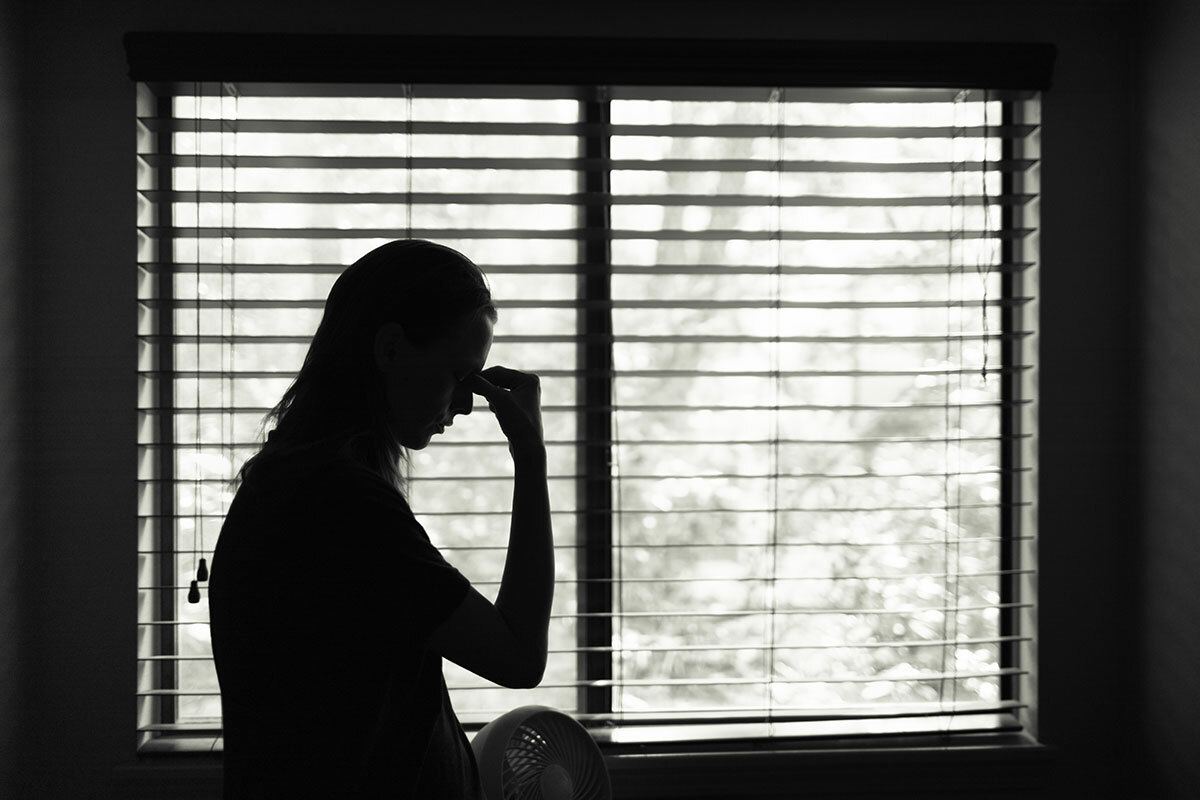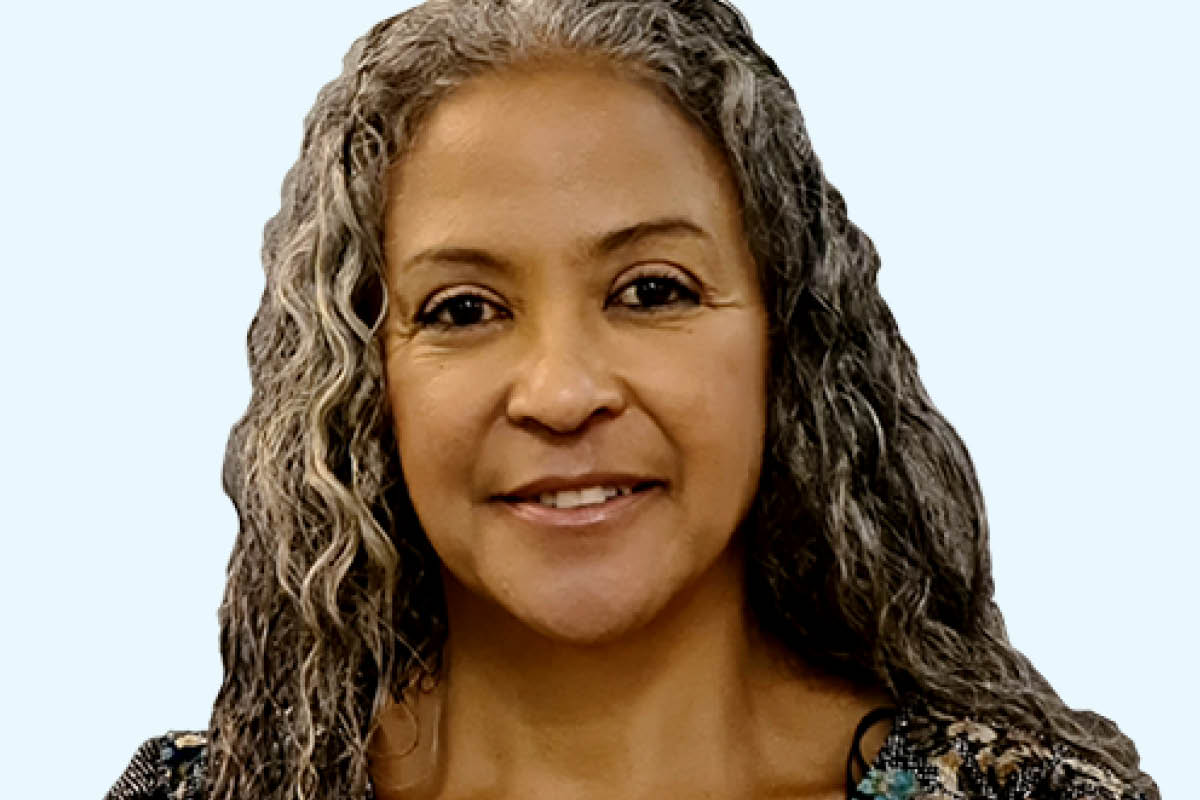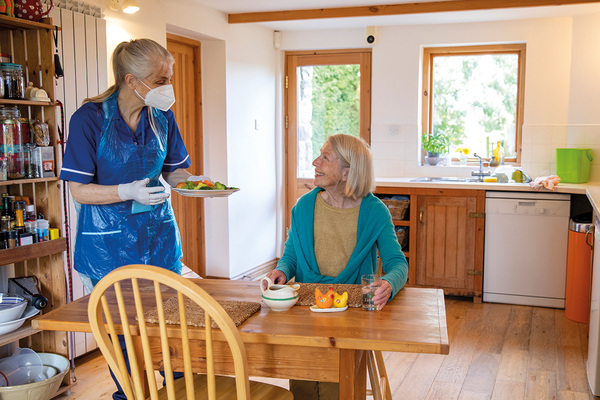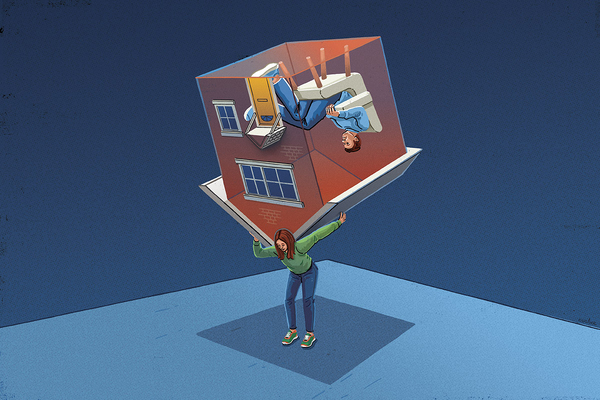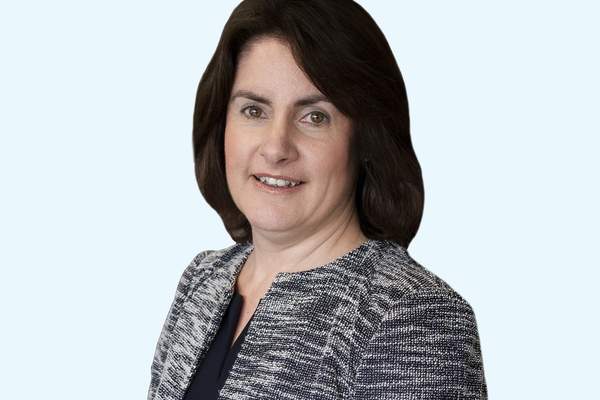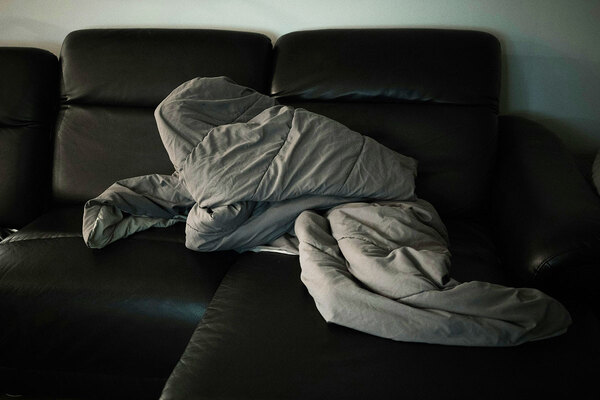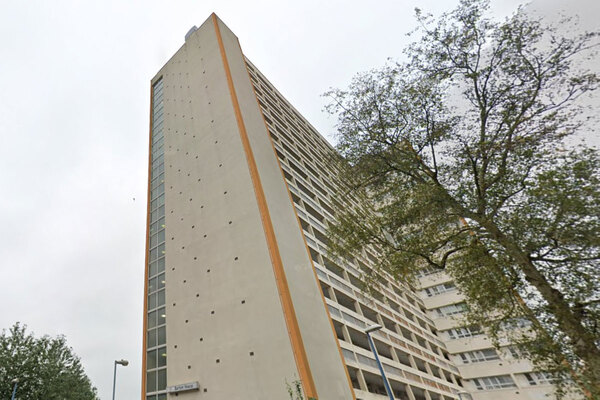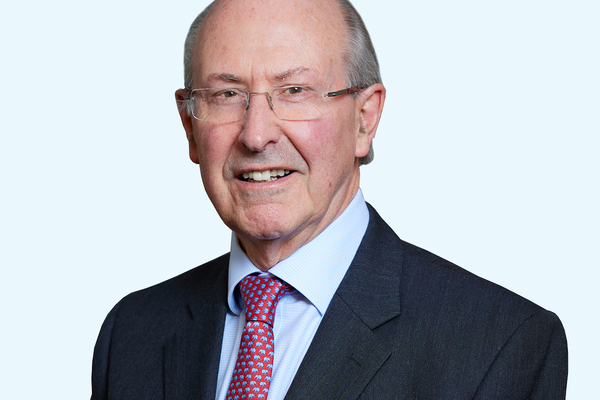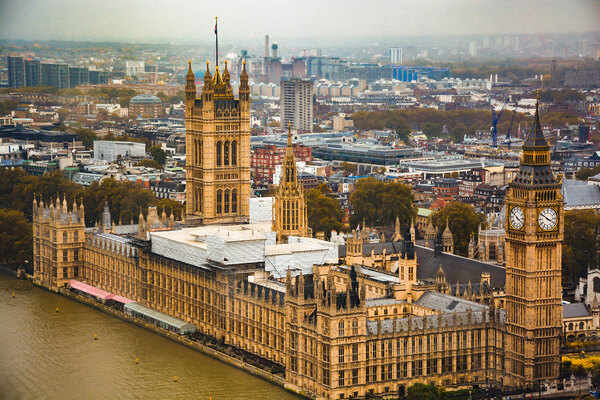New report finds 40% of domestic abuse survivors turned away from safe accommodation due to lack of capacity
A new government report has revealed that 40% of domestic abuse survivors are turned away from safe accommodation due to lack of capacity.
The report, published by the Domestic Abuse Safe Accommodation National Expert Steering Group (NESG), found that more than 20,000 referrals of domestic abuse victims to safe accommodation services between April 2021 and March 2022 were unsuccessful.
In 7,704 instances (40%), services recorded they had no capacity, while in 3,329 cases (17%), services said they could not meet the household’s needs.
At the same time, 5% of referrals were turned down due to geographical proximity to the perpetrator.
The 33% of cases classified as “other” included victims declining support or already being supported by another service.
The report added that 6% of victims who left safe accommodation during this period returned to the perpetrator.
The NESG reviewed the progress of local authorities in the first year under a statutory requirement to provide accommodation-based support for victims of domestic abuse and their children.
Authorities recorded 20,616 instances where victims were referred to safe accommodation services, but not subsequently moved.
The report noted that referrals are often only made when there is capacity to support the victim, so some households in need may not have been offered a referral at all.
Nearly a fifth of authorities told the NESG that the reason why a household was not supported was not always recorded.
Authorities reported that 36,545 individuals were supported in commissioned safe accommodation services in 2021-22, including refuges, sanctuary schemes and specialist accommodation.
However, this figure is an undercount as some authorities only provided partial counts or were unable to extract data from providers.
At least 11,742 supported individuals had one or more “specialist characteristic”, although 44% of authorities reported having partial or no data on this category.
The most common characteristics included mental health issues (6,089 victims), Black and minority status (5,466), being aged between 16 and 25 (2,879), having a disability (2,792), and having a drugs (1,519) or alcohol (1,469) issues.
Of those who left safe accommodation, 36% moved into social housing, 10% went on to private rented accommodation, 8% moved into non-domestic abuse supported accommodation, and 15% were unknown.
The 24% marked as “other” included those who moved in with friends or family, went on to another safe accommodation service or moved into temporary accommodation.
Felicity Buchan, chair of the Domestic Abuse Safe Accommodation NESG and minister for housing and homelessness, said in the foreword to the report: “This is a key part of this government’s wider work to tackle violence against women and girls, and is just the start of the journey – there is still work to be done. As the report shows, many victims are still unable to find the right support in safe accommodation when they need it.
“It is crucial that local authorities continue to work closely with all their local partners and specialist providers. The input of specialist domestic abuse charities is essential to ensure that local areas are meeting the needs of all victims, including those who have struggled to find the right support in the past.”
A spokesperson for the Department for Levelling Up, Housing and Communities told Inside Housing: “The Domestic Abuse Act 2021 placed a duty upon councils to provide safe accommodation and we have been clear they must consider the specific needs of all victims.
“Since April 2021, we have provided £250m to councils across England to make sure safe accommodation spaces, such as refuges, can provide victims with support services, including counselling and therapy, children support and advocacy support to access healthcare, social workers and benefits.
“We have committed a further £257m in funding for the delivery of these duties over the next two years.”
The NESG acknowledged that the report does not give an insight on the quality of support and outcomes, which will be examined as part of a full evaluation that began late last year.
Sign up for our care and support bulletin
Already have an account? Click here to manage your newsletters

